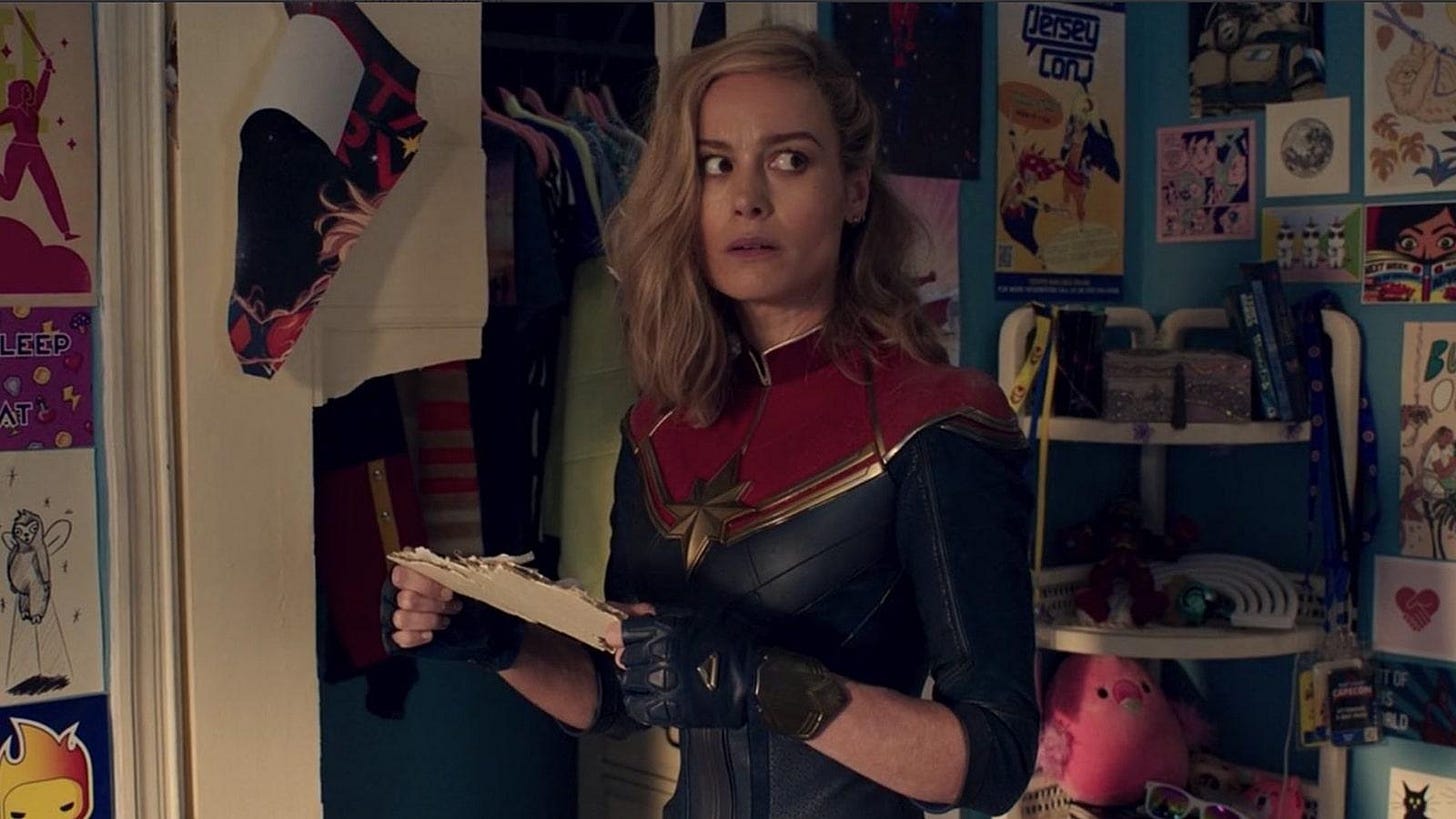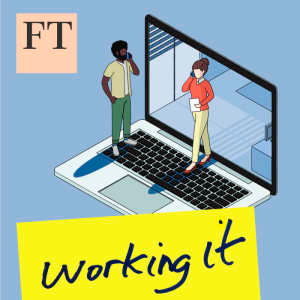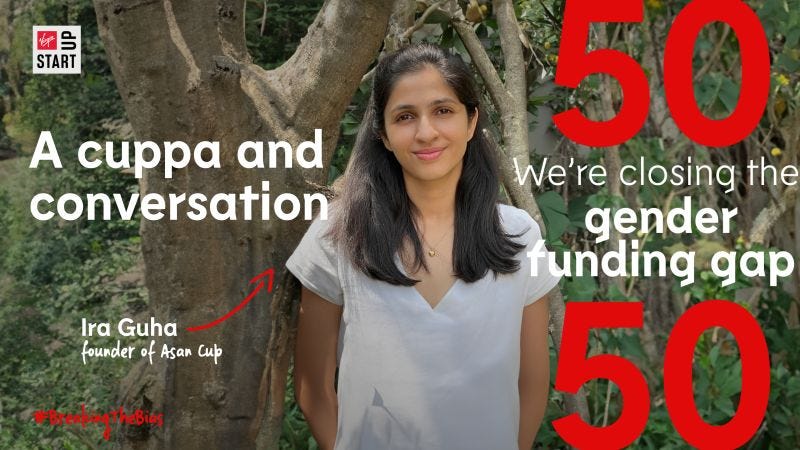Issue 3: Women of Science Nov '23
News, research, reviews, recommendations & an essay on the White House's women's health initiative...
Welcome back to Women of Science, featuring all the best happenings re: women of science every week 🧬
🔬 What to expect?
All subscribers receive the free edition covering weekly highlights in media, awards and discovery as well as things to read, see and watch re: women in science. Drops every Tuesday. Tell your friends:
Thank you for joining. Enjoy the read.
A quick run-down of this issue:
Abstract & Intro: News and updates on all things women of science
Materials, Methods, Discussion: An essay on the White House Women’s Health reforms
Conclusions & Further Reading: Reccos, reads & links this week Abstract & Intro
Headlines, news & media snippets re: women of science this week
Medicine: Jill Biden announces a White House initiative focused on women’s health research
The White House last week announced the nation’s first initiative for women’s health research, to be led by First Lady Jill Biden and directed by Professor Carolyn M. Mazure of Yale University. Members of the initiative will reportedly provide the Biden administration recommendations on how to close the research gap for women’s health care through diagnosis, treatment, and prevention plans.
Medicine: NHS England says it will eliminate cervical cancer by 2040
NHS England has pledged to eliminate cervical cancer in the next two decades, as part of wider plans to boost vaccine uptake and increasing access to both the human papillomavirus (HPV) vaccination and cervical screening services.
A self-sampling study published in Nature Medicine of 3,345 women in Belgium called ‘Isala’, named after the first female doctor in Belgium, has provided insights into how vaginal bacteria are associated with women’s health.
Tech: Samsung Debuts New Ultrasound Modality Geared Toward Women's Health and Urology
Good news for medical imaging this week, as tech giant Samsung has revealed its new ultrasound bit of kit designed to better meet the needs of women when it comes to clinical scanning.
General STEM: One-third of Indian STEM conferences have no women
Researchers have highlighted the dearth of women in STEM research and conference attendance, and have created a database on the proportion of women faculty across multiple STEM institutions to provide real-time actionable data as a basis for future remedial steps.
General STEM: Japan’s Economy Would Gain With More Women in Science and Technology
Speaking of women in STEM, the IMF has published an article on how the Japanese economy would be hugely boosted by addressing and eliminating barriers to women working in STEM fields.
& in other brief news:
This physics professor ran 3,000 miles across America in record time
An open access review on providing period products to students from members of the Department of Chemistry at Oxford University is well worth a read
Why women in the U.S. now have a life expectancy nearly 6 years longer than men
Materials, Methods, Discussion
A brief essay on the broader implications of the White House Women’s Health reforms
It would be remiss to gloss over the groundbreaking press releases on women’s health research reform from the U.S. White House this past week (indeed, see links above for those deets ☝️). Unsurprisingly, such news has prompted a wave of responses - critical and commending - across the media spectrum. Is it enough? Is it too much (thanks, no)? Have we missed anything?
The U.S. has been plagued and divided on women’s bodily autonomy and healthcare long before the recent overturning of Roe v. Wade, but which was undoubtedly was a catalyst event for political and social turmoil - the subsequent restrictions on reproductive care coupled with the alarming rise in maternal mortality rates in the United States has ignited a renewed and urgent call for attention to women's health. The Centers for Disease Control and Prevention's report of 1,205 maternal deaths in 2021, compared to 861 in the previous year and 754 in 2019, underscores the severity of the issue. Disturbingly, a study by the Journal of the American Medical Association reveals that maternal deaths more than doubled between 2009 and 2019.
These concerning statistics are exacerbated by the profound health disparities faced by underrepresented minority women, particularly those who have historically been excluded from comprehensive research. The intersectionality of gender, race, and disability compounds the challenges faced by women, exacerbating existing health inequities. Trans people, disabled women, and nonwhite women, especially Black women, have long been and still remain disproportionately affected. Likewise, research indicates that Black women in particular encounter both gender and race-based bias, resulting in the dismissal of their pain by medical professionals or, worse, being labeled as dramatic and emotional. Such systemic biases contribute to delayed or inadequate care, directly impacting maternal health outcomes.
And unfortunately while these inequalities are nothing new, the importance and urgency of addressing them cannot be overstated. The announcement by the White House is a welcome one as an initiative paving the way to bridge the existing gaps in research, as well as ensure that the unique healthcare needs of underrepresented minority women are thoroughly understood and addressed. But as always with issues as complex as these, addressing broad disparities requires a multifaceted approach - and the push for comprehensive research, education, and healthcare reform must continue where the fight for reproductive justice and maternal health is inseparable from the broader struggle for social and racial justice.
Conclusions & Further Reading
More links & signposts for you to enjoy this week…
Publication of the week:
Researchers from the University of Western Ontario believe they may have found why Alzheimer’s is more common among women. The team explored the role of oestrogen in Alzheimer's development, and found it to affect the relationship between acetylcholine and toxic amyloid in the brain - two components historically linked to Alzheimer’s. Interestingly, women who had menstrual periods earlier in life and went through menopause later were less likely to develop dementia. Additionally, women with three or more children had a 12% lower risk of dementia, and the longer the pregnancies, the lower the risk of developing Alzheimer's Disease.
Why is this useful? Ovarian hormones have substantial effects on the brain, and early menopause has been associated with increased risk of accelerated brain aging and dementia later in life. However, the impact of ovarian hormone fluctuations on brain structure earlier in life is less understood. This study reveals that that ovarian hormone fluctuations shape structural brain plasticity during the reproductive years, and offers a blueprint for future studies on the shared dynamics of the brain and ovarian function and a fundamental stepping stone towards developing sex-specific strategies to improve brain health and mental health 🧠
Interview of the week:
Also available on NPR’s audio link (see above), this interview features the author of one of our recommendation’s from last week’s issue, Eve: How The Female Body Drove 200 Million Years of Human Evolution. Researcher and Eve author Cat Bohannon claims that there exists a "male norm" in science, prioritising male bodies over female bodies (an unintentional hot topic for this issue, but hey ho) — in part because males have fewer "complicating" factors. Ahem.
Books & review articles:
📖 Julia by Sandra Newman: 75 years after Orwell finished writing his iconic novel, Sandra Newman has tackled the world of Big Brother in a truly convincing way, offering a dramatically different, feminist narrative that is true to and stands alongside the original.
⚤ 2 Reasons Men And Women Experience Hookups Differently, According To Science: Casual sex comes to the forefront in this Forbes review of the science that suggests gender could actually predict how positively or negatively one experiences unattached sex.
👩🔬 Opinion: The Extraordinary Life and Science of Hilde Levi: The story of physicist Hilde Levi brought succinctly to the page by APS News and “challenges the idealized notion that all good scientists are intensely specialized”.
🦠 Covid-19 can interfere with your period in many ways. Here’s how: Nat Geo are unpacking the physical pandemic effects that have been observed thus far on women’s bodies. Sigh.
❄️ Even Antarctica was unsafe: Women scientists want to make fieldwork less hostile: New trainings aim to promote inclusivity for women and LGBTQ+ people while equipping researchers with strategies to intervene in harassment and assault in the field, via this article The 19th.
🦸♀️ ‘The Marvels’ Debut Was a Record-Breaker – But No One’s Happy: It was the biggest debut ever for a Black woman director. Compared to other Marvel superhero films, however, it flopped – and there may be ugly forces at play.
Podcast of the week:
Financial Times - Working It: Specifically, the episode with Gen Z VC guru Meagan Loyst, asking profound pressing questions such as how can ordinary people get better at using the site without becoming bores? How much is it acceptable to share about yourself on LinkedIn? And what can we learn from the site’s power users?
The audio transcript for the episode is also linked here.
Opportunity of the week:
Cuppa and a Conversation with Ira Guha: Virgin Startups is hosting a free in-conversation webinar this Friday with Ira Guha; founder of social enterprise organisation Asan. Come and network virtually with fellow female founders and hear from Ira about starting and raising investment for an impact driven business.
📍 Online: Friday, November 24, 2023 - 12:30 (GMT)
Out and about this week:
Women in Revolt! Art & Activism in the UK 1970-1990
The first of its kind, London’s Tate Modern is now exhibiting its very own wide-ranging exploration of feminist art by over 100 women artists working in the UK whose art has helped to fuel the women’s liberation movement during a period of significant social, economic and political change.
📍 Tate Britain, London (UK) until 7 April 2024
That’s all for this week!
Thank you for reading: The WoS mission is to support, share and promote the innovative and groundbreaking work that has been and continues to be done by women across all scientific disciplines, and to empower and inspire the next generation of female leaders in the field.
If you liked it, here’s another reminder to share us with your friends, network, neighbours, coffee baristas ☕ etc.:
Over the coming months, the WoS community will also be adding to its repertoire of channels for sharing content, so watch this space!













